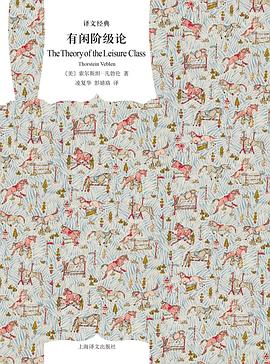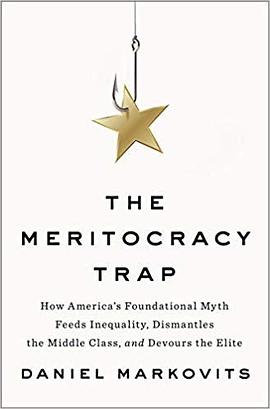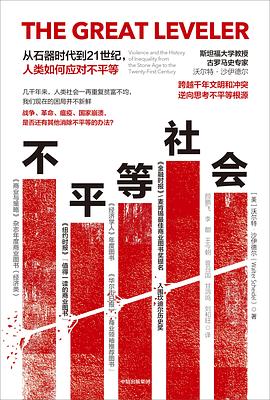

具體描述
Robert J. Shiller is a Nobel Prizeâ€"winning economist, the author of the New York Times bestseller Irrational Exuberance, and the coauthor, with George A. Akerlof, of Phishing for Phools and Animal Spirits, among other books (all Princeton). He is Sterling Professor of Economics at Yale University and a regular contributor to the New York Times. He lives in New Haven, Connecticut. Twitter @RobertJShiller
From Nobel Prizeâ€"winning economist and New York Times bestselling author Robert Shiller, a new way to think about how popular stories help drive economic events
In a world in which internet troll farms attempt to influence foreign elections, can we afford to ignore the power of viral stories to affect economies? In this groundbreaking book, Nobel Prizeâ€"winning economist and New York Times bestselling author Robert Shiller offers a new way to think about the economy and economic change. Using a rich array of historical examples and data, Shiller argues that studying popular stories that affect individual and collective economic behaviorâ€"what he calls "narrative economics"â€"has the potential to vastly improve our ability to predict, prepare for, and lessen the damage of financial crises, recessions, depressions, and other major economic events.
Spread through the public in the form of popular stories, ideas can go viral and move marketsâ€"whether it's the belief that tech stocks can only go up, that housing prices never fall, or that some firms are too big to fail. Whether true or false, stories like theseâ€"transmitted by word of mouth, by the news media, and increasingly by social mediaâ€"drive the economy by driving our decisions about how and where to invest, how much to spend and save, and more. But despite the obvious importance of such stories, most economists have paid little attention to them. Narrative Economics sets out to change that by laying the foundation for a way of understanding how stories help propel economic events that have had led to war, mass unemployment, and increased inequality.
The stories people tellâ€"about economic confidence or panic, housing booms, the American dream, or Bitcoinâ€"affect economic outcomes. Narrative Economics explains how we can begin to take these stories seriously. The result may be Robert Shiller's most important book to date.
用戶評價
##懶婆娘的裹腳布,又臭又長!
評分 評分 評分##翻譯真的太差勁瞭,看的十分吃力。而且因為有人類簡史的中譯版在前,閱讀體驗的對比就更加明顯。我不明白是這本書的專業性太強還是怎麼的,怎麼翻譯的就那麼生硬呢?看的真的讓人好難受,完全無法引人入勝。 硬著頭皮把這本書看完,內容還是不錯的。把人文和經濟兩個概念聯係起...
評分 評分 評分 評分##概念很重要 / 彆陷在概念裏
相關圖書
本站所有內容均為互聯網搜尋引擎提供的公開搜索信息,本站不存儲任何數據與內容,任何內容與數據均與本站無關,如有需要請聯繫相關搜索引擎包括但不限於百度,google,bing,sogou 等
© 2025 book.qciss.net All Rights Reserved. 圖書大百科 版權所有




















